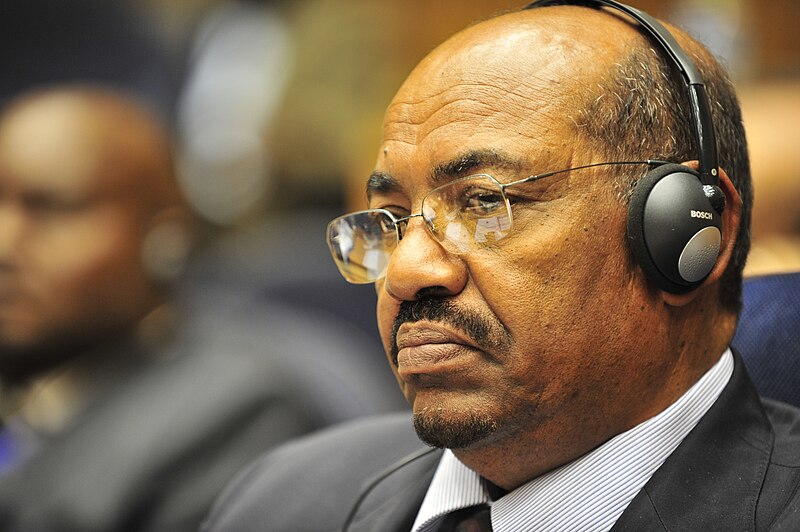 |
| Media's overflowing the streets, creating what we call media addiction by Ahmed Tag, Picture from http://www.gurtong.net |
The mass media institutions play a great role in formulating the public opinion and in directing the political and media address towards the social objectives, also these institutions participate positively in unifying the nation and realizing the next phase objectives. Roles and responsibilities of the media institutions are integrated and its roles.
Media had proved in labor and ideologies that it can reshape the perception of political policies and it reshape the belief, as in Sudan the tasks and responsibilities of the media are integrated with the requirements of peace in the country one of which is the referendum operation to be held in the south of Sudan.
Though the media with all its powers acquired from the developed technologies and communication as a result of the information revolution will contribute greatly in creating and making policies to direct the decision makers to form their own opinions and help in making the public opinion.
Because of the significant role of the media and its institutions in the Referendum era, Suna has made dialogues and interviews with the media experts and specialists to see the requirements of the media institutions to make Sudan unity an attractive and accepted issue by all the people and to create a public opinion which supports unity .
Chief of Journalists trade union Dr. Mohi Aldien Titawi explained that the great development in the mass media within the modern technological era play a major role in enhancing unity, and that our mass media institutions should enlighten the public and the great flow of information play a significant role in enriching the political , social, and economic arena through the flow of information and renewing the people's concepts which affirms the role of mass media in handling the information and drawing the characteristics of the required political address and that makes the media role during the coming period very great to unify the Sudanese nation's concepts towards the requirements of the attractive unity and the necessities of living in peace.
Dr. Titawoi explained that the task of the Arab and local mass media is to enlighten the people by their rights and how to defend them in the international institutions and to show cooperation and justice in relations between the nations and to direct the political address towards serving the national issues and to play an active role in realizing the targets and objectives specially in the field of social development , the media at different levels from journalism, broadcast, and television have a great impact in formulating and directing the public opinion.
On his side , Dr. Abdul Rahman Alfadni , member of the National Assembly and a media expert consider the media from his point of view as a sphere which surrounds the individuals through the development process as the media is the same as the family or a group of friends affects the individuals and make him acquire certain system of conduct.
Uz Helen Olair , member of the National Assembly, said, the mass media won't succeed without any cultural knowledge which attract the public to it and allow the transference of its message in the various spheres and the media should help in cultural integration to unify the media address towards the culture of unity and peace.
The Secretary General of the Sudanese Journalists Union , Al- Fatih Alsayed , said, the media is a reflection of the reality in the Sudanese society , pointing that the Sudanese media continued to meet the demands of the society and contributed by all its forms in creating a Sudanese Unity and in the independence of Sudan and the political transformation and democratic development and still much more is expected from the Sudanese media to enhance the issue of the Sudanese unity and settlement in the Sudan, and that explains the importance of creating media programmers to serve the unity issue and to formulate the public opinion as an important issue of the media and journalistic institutions in Sudan.(RETRIVED,28-8-2010)
I strongly believe that the mass media can come up with positive ideologies in order to reshape the political system. In the Sudan the ruling party is following a draconian system ,in subordinating the citizen and the media (public communicator) so after the lifting of the censorship, the media started to reinvent and come up with a democratic way of political polices as building a positive belief within the public


